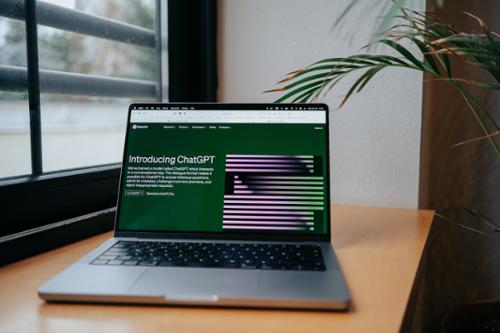ChatGPT is an advanced language model that can be used to provide assistance and support to physicians in their daily work. As an AI-powered chatbot, ChatGPT can help physicians with a variety of tasks, such as providing quick answers to medical questions, assisting with documentation, and even offering guidance on patient care. This article will explore how physicians can utilize ChatGPT to enhance their practice, including its benefits and limitations, as well as its potential impact on patient care.

Benefits of ChatGPT for Physicians
-
Quick Answers to Medical Questions: ChatGPT can provide physicians with quick and accurate answers to medical questions, saving them time and reducing the need for extensive research. This can be particularly useful for physicians who work in fast-paced environments, such as emergency departments, where quick decision-making is critical.
-
Assistance with Documentation: ChatGPT can assist physicians with documentation by generating reports, taking notes, and even drafting progress notes. This can help physicians save time and ensure that their documentation is accurate and complete.
-
Guidance on Patient Care: ChatGPT can offer guidance on patient care by providing recommendations based on clinical guidelines and evidence-based medicine. This can help physicians make more informed decisions about patient care and improve patient outcomes.
Limitations of ChatGPT for Physicians
-
Limited Ability to Interpret Nuance: ChatGPT is a machine learning model, which means it may not be able to interpret nuance or context in the same way a human can. As a result, physicians should use ChatGPT's recommendations as a starting point and exercise their own clinical judgment.
-
Limited Ability to Handle Complex Cases: ChatGPT may not be able to handle complex cases or cases that require a high degree of specialization. Physicians should be aware of these limitations and seek assistance from a specialist when necessary.
-
Potential for Bias: ChatGPT's recommendations are based on the data it has been trained on, which can potentially introduce bias. Physicians should be aware of this potential bias and exercise their own clinical judgment when using ChatGPT's recommendations.
Impact on Patient Care
The use of ChatGPT has the potential to positively impact patient care by providing physicians with quick and accurate information, improving documentation, and offering guidance on patient care. This can result in improved patient outcomes, reduced errors, and increased efficiency in the delivery of care.
However, it's important to note that the use of ChatGPT should not replace human interaction and clinical judgment. Physicians should always use their own clinical judgment when making decisions about patient care and should seek assistance from a specialist when necessary.
Conclusion
ChatGPT is an AI-powered chatbot that can be a valuable tool for physicians. Its ability to provide quick answers to medical questions, assist with documentation, and offer guidance on patient care can improve the efficiency and effectiveness of medical practice. However, physicians should be aware of its limitations and exercise their own clinical judgment when using ChatGPT's recommendations. Ultimately, the use of ChatGPT should be seen as a supplement to, rather than a replacement for, human interaction and clinical judgment in the delivery of patient care.